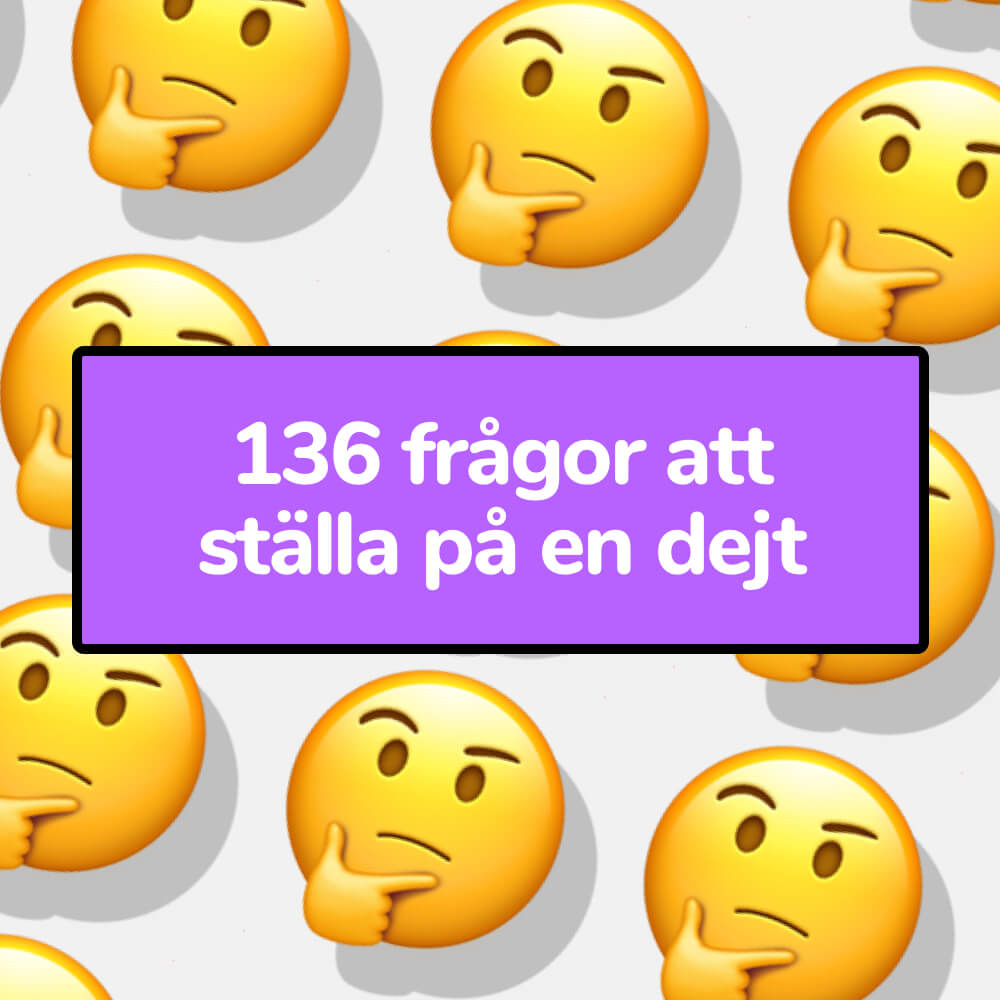Antingen Eller Frågor Grova: A Deep Dive into Tough Either-Or Questions

When faced with difficult decisions, we often stumble upon “antingen eller frågor grova” — Swedish for “either-or tough questions.” These questions force us to pick between two challenging options, often without a clear winner. Whether used in casual settings like icebreakers or for self-reflection, such questions can spark fascinating conversations, push personal boundaries, and reveal inner truths.
This article takes a detailed look at the concept of “antingen eller frågor grova,” exploring its significance, applications, and why people use it to stir deep discussions. We’ll dive into the psychology behind these thought-provoking questions and how they can help strengthen relationships, foster emotional intelligence, and stimulate critical thinking.
What Are “Antingen Eller Frågor Grova”?

In its simplest form, “antingen eller frågor grova” refers to either-or questions with high stakes or emotional weight. Unlike simple choices — like “Tea or coffee?” — these grove (tough) questions challenge the responder to choose between two difficult options, often sparking serious thought.
Here are some examples of “antingen eller frågor grova”:
- Would you rather lose all your memories or never create new ones?
- Would you sacrifice your biggest dream for family, or let someone down to pursue your passion?
- Would you rather know how you will die or when you will die?
These types of questions don’t just test opinions; they force people to consider values, priorities, and beliefs.
The Psychology Behind Tough Either-Or Questions
Tough either-or questions tap into cognitive dissonance — the mental discomfort we feel when facing conflicting thoughts or emotions. When both options in a question seem equally unpleasant or desirable, the brain works overtime to justify a decision. This internal struggle provides insight into a person’s priorities and decision-making process.
Here’s how it works:
- Self-Awareness: These questions push individuals to examine their values, leading to greater self-understanding.
- Empathy Development: When shared in groups, these questions encourage listeners to understand others’ perspectives.
- Mental Flexibility: Choosing between two hard options forces us to think beyond our comfort zones, developing problem-solving skills.
How to Use “Antingen Eller Frågor Grova” for Personal Growth
You might be surprised how beneficial these questions can be for personal development. They force people to explore gray areas in decision-making, helping to develop emotional intelligence and adaptability.
Reflection and Journaling
- Use these questions for journaling prompts. Reflecting on answers over time can reveal patterns in your thoughts or values.
- Answering tough questions helps people confront fears, regrets, or uncertainties.
Strengthening Relationships
- Couples and friends can use “antingen eller frågor grova” to deepen their connections. Tough conversations about values and fears foster trust.
- Asking these questions in social settings helps people break the ice and discuss meaningful topics.
Antingen Eller Frågor Grova for Team Building and Icebreakers
Team leaders and educators are increasingly using these questions to break the monotony of traditional icebreakers. Tough questions encourage participants to think critically, offering a fresh perspective on teamwork and problem-solving.
Here are some questions you could use in a professional setting:
- Would you rather have a team with all hard workers but no creativity, or a team full of creative minds with poor discipline?
- Would you choose a high-paying job that makes you miserable or a low-paying role you love?
- If given a choice, would you eliminate all office meetings or all email communication?
Crafting the Perfect “Antingen Eller Frågor Grova”
Not all tough questions are equally effective. Well-crafted questions are specific and emotionally engaging, prompting thoughtful responses. Here are some tips for crafting meaningful questions:
Keep It Relevant
- Relate the question to current events or personal experiences to make it more engaging.
Avoid Binary Thinking
- Encourage answers that allow for nuance. Even if it’s an either-or question, participants can explain their reasoning in complex ways.
Mix Serious and Lighthearted Topics
- Balance deep questions with humorous ones to avoid overwhelming people. For instance, follow a heavy question with something lighter, like, “Would you rather talk to animals or speak every human language?”
Common Themes in “Antingen Eller Frågor Grova”
Tough either-or questions often revolve around universal human dilemmas. Here are a few common themes:
ThemeExample Questions
Ethics and Morality “Would you lie to save a loved one, or tell the truth and risk hurting them?”
Personal Sacrifice “Would you rather lose your dream job or end a close friendship?”
Time and Mortality “Would you prefer to live forever or have the ability to relive one perfect day?”
Success vs. Happiness “Would you choose to be rich but lonely, or happy but poor?”
Balancing Fun and Depth in Conversations
It’s important to strike a balance when using tough either-or questions. If every question delves too deeply into sensitive topics, conversations can become draining. On the other hand, keeping it too light might not yield meaningful insights.
Pro Tip: Read the Room
- Gauge the mood of the group before asking a tough question. Are people ready to engage in deeper conversations, or would a lighter question be better at that moment?
- Mix humor with depth to maintain a relaxed, open atmosphere. For example: “Would you rather never eat pizza again or only wear mismatched socks forever?”
Why “Antingen Eller Frågor Grova” Are Trending
There’s no denying the rising popularity of tough either-or questions on social media, podcasts, and talk shows. People are drawn to these questions because they challenge norms and inspire meaningful conversations. Whether used in online challenges, quizzes, or in-person gatherings, they provide opportunities to learn, laugh, and connect.
The Ethical Considerations
While these questions can be fun, it’s crucial to be mindful of sensitive topics. Some questions might unintentionally trigger negative emotions or touch on traumatic experiences. When asking tough questions, especially in a public setting, it’s important to respect boundaries and offer participants the option to pass without judgment.
Conclusion: Embrace the Power of “Antingen Eller Frågor Grova”
“Antingen eller frågor grova” questions are more than just icebreakers; they offer unique insights into the human mind. By forcing us to make tough choices, these questions help us explore our values, develop empathy, and foster meaningful connections. Whether you’re journaling for personal growth, breaking the ice at a party, or using them for team-building activities, these questions have the power to reveal truths we might not have considered otherwise.
So, the next time you want to spark an interesting conversation, embrace the challenge of “antingen eller frågor grova.” You might uncover something unexpected about yourself or others!
Would you rather ask a question that makes someone uncomfortable, or avoid the conversation and miss out on potential insights? The choice is yours—after all, life is full of tough either-or decisions!





